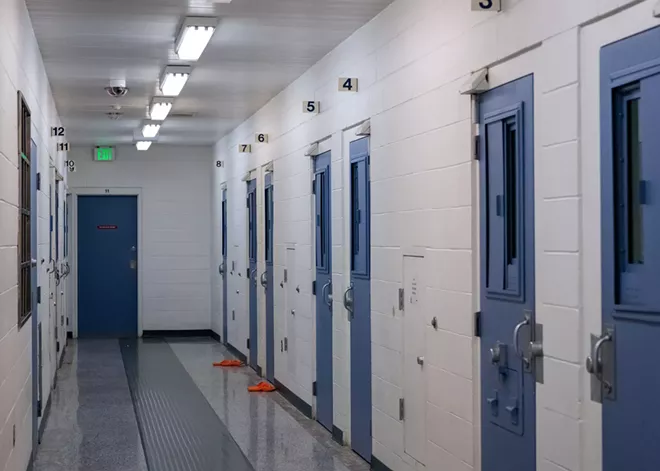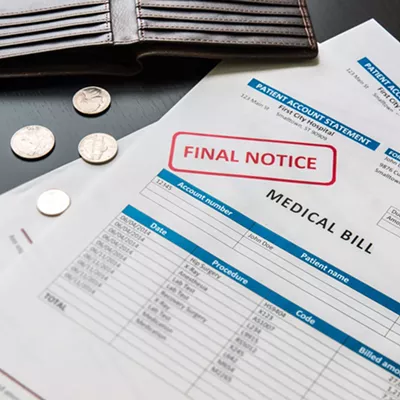Jails and juvenile detention facilities are on ballots now in the hands of Spokane County voters. Measure 1, placed on the ballot by the Spokane Board of County Commissioners, asks voters to renew an existing sales and use tax that funds adult and juvenile detention centers. Voters first approved the tax in 1995 and have renewed it every 10 years, most recently in 2015.
The tax is one-tenth of 1%, or 10 cents collected on a $100 qualifying purchase. Certain items are exempt from the sales tax, including groceries, prescription medications and rent.
In 2023, the sales tax collected $15.8 million, of which $7 million went to defray the cost of operating the county's juvenile detention center. Nearly 60% of the revenue — $8.8 million — went toward the county's $60 million budget for adult detention centers, County Board Chair Mary Kuney says.
If the 0.1% sales tax is renewed, the county estimates that it will collect $16.5 million annually. The county would use that revenue to fully fund juvenile detention operations, with the rest going to fund its two adult detention centers — Spokane County Jail and Geiger Corrections Center. The sales tax currently pays for 140 full-time employees.
While state law allows this specific sales tax to be spent on construction as well, the Spokane County commissioners opted to remove "construction" from the list of possible uses outlined in the ballot measure, stating that the county will not use the revenue to build a new jail.
The juvenile detention center's $7 million budget allows it to operate 24/7 with 37 full-time staff, including medical nurses, educators, administrators, correctional officers and counselors. It is located on the county campus in Spokane and can house up to 39 minors but hasn't exceeded more than 35 at one time.
Juvenile detention allows for alternatives such as electronic home monitoring. This program aims to allow low-risk minors to remain at home with an electronic ankle-worn monitoring device.
"We were the first county [in Washington] ... to have electronic home monitoring as an option to keep youth out of detention, and this sales tax measure does fund the electronic home monitoring," County Commissioner Amber Waldref says. "So I just wanted to let you know that diversion programs and alternatives are very well used here to reduce the number of kids that have to be here in the facility."
The detention center provides educational opportunities through Northeast Washington Education Services, which has three teachers. They provide core curriculum instruction, General Educational Development, or GED, high school equivalency testing, and a library for recreational reading.
"They will hold graduations for the kids that receive their GED, and they'll invite their parents," says Tori Peterson, the juvenile court services administrator. "And most often, I have seen that those kids would not have received their GED based on what they were doing out in the community and their behavior."♦


























